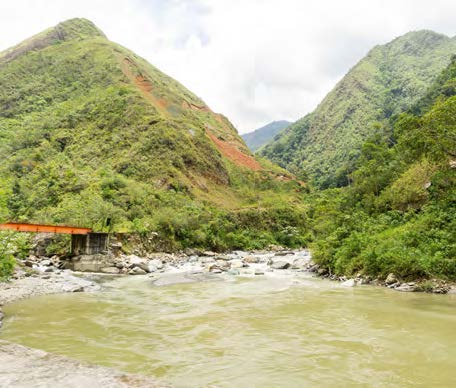Explore our timeline of sustainability milestones and community support initiatives. From our first eco-friendly step to our latest achievements, discover how we’ve reduced waste, promoted education, and empowered local communities. Join us in creating a greener, healthier world for future generations—together, we can make a difference!
2025
Vista Hermosa: The 2nd Environmental Scientific Fair involved 170 students creating models with recycled materials to raise awareness about environmental protection and renewable energy. l Peru: Activities included an essay contest on water resources, a poetry contest on forest fires, a drawing contest, and the planting of 51 fruit trees and 50 ornamental plants to promote reforestation and habitat conservation. These initiatives help promote sustainable practices and raise environmental awareness across our operations

Nicaragua: The 9th Environmental Scientific Fair involved 151 high school students and 31 preschool children, with 22 Polaris volunteers judging eco-friendly projects aligned with the SDGs. l Peru: A recycled costume contest at the 8 de Agosto and El Carmen plants, and an ecofriendly flowerpot contest in Canchayllo with 300 students and teachers participating. l Panama: Reforestation at Vista Hermosa facilities and staff training on environmental protection. l Ecuador: A model-making contest on water resource protection involving all staff, with four models created from recycled materials.
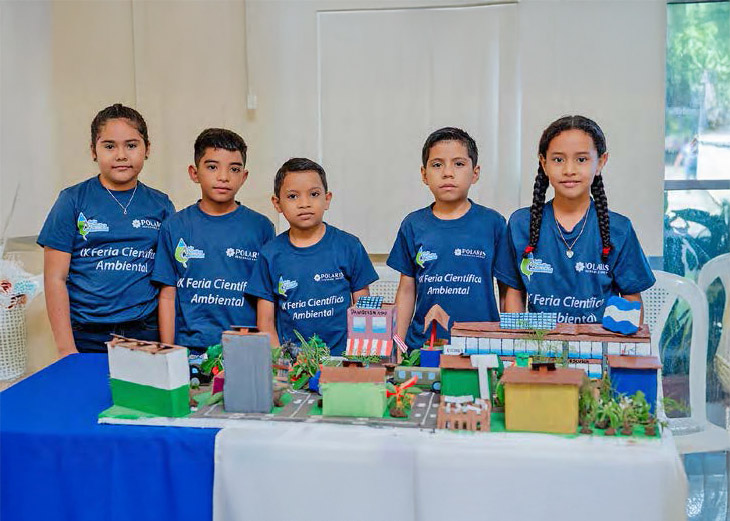
Peru: We organized a walk in Canchayllo with 3?5-year-old students, teachers, parents, local authorities, and Polaris staff. Students created posters from recycled materials and sang chants about Earth Day.
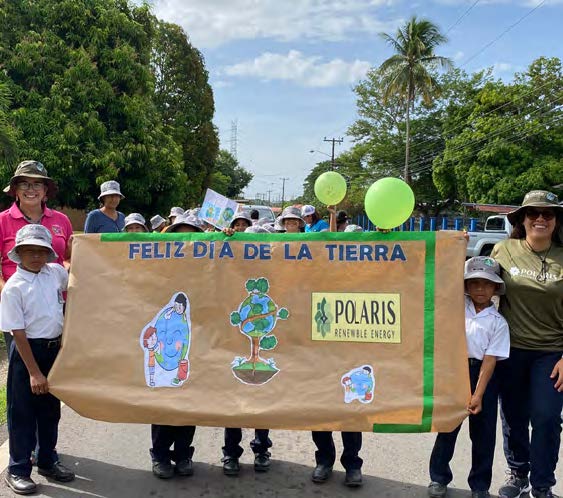
Our operations in Latin America and the Caribbean face significant challenges in waste management. According to the United Nations, One-third of urban waste generated in Latin America and the Caribbean still ends up in open dumpsites or the environment, impacting public health and contaminating soil, water, and air.
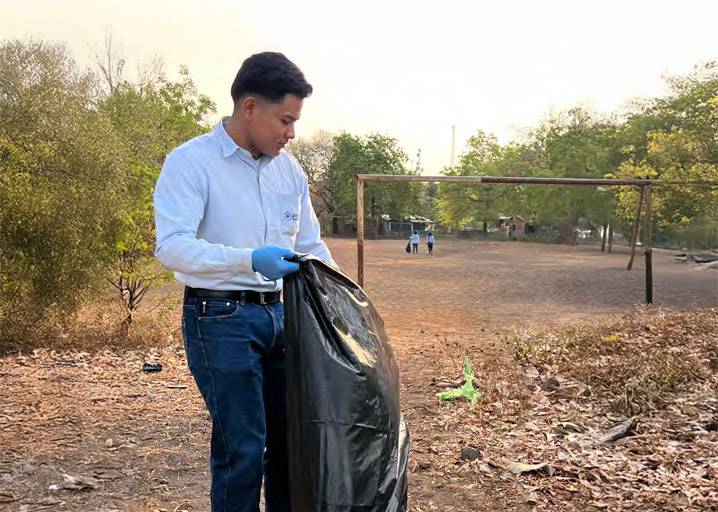
Biodiversity loss threatens ecosystem services, jeopardizing food security and public health. It involves not only the global extinction of species but also the local decline or disappearance of species in specific habitats, which leads to a significant reduction in biological diversity.
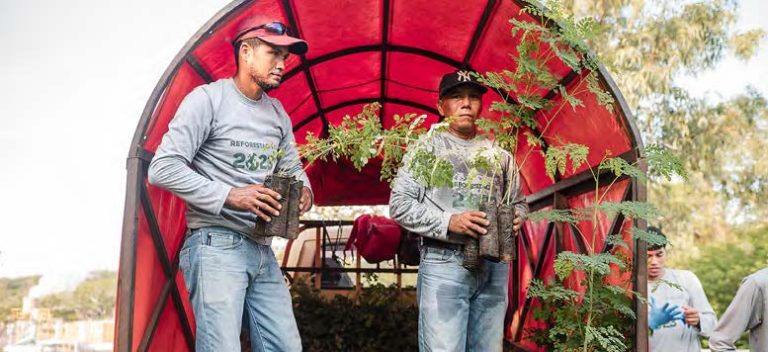
At Polaris, we understand that water is not only essential for life but also plays a central role in supporting human health, food security, ecosystems, and economic development. As the United Nations emphasizes, water is critical not only for health, but also for reducing poverty, ensuring food security, peace, human rights, ecosystems, and education.
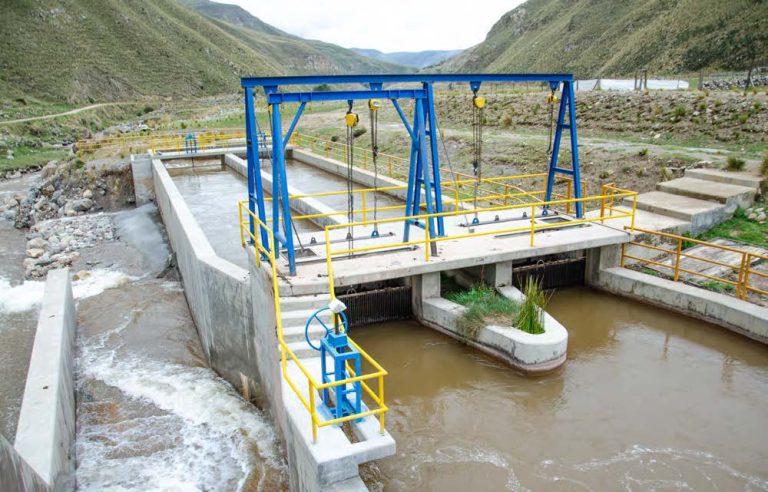
As a renewable energy company, Polaris is deeply aware of the impact that climate change can have on our operations, particularly as we depend on natural resources such as solar irradiance, water availability, and steam. To ensure that our operations remain resilient, we have undertaken a detailed approach to climate risk management, with an emphasis on both mitigation and adaptation strategies.
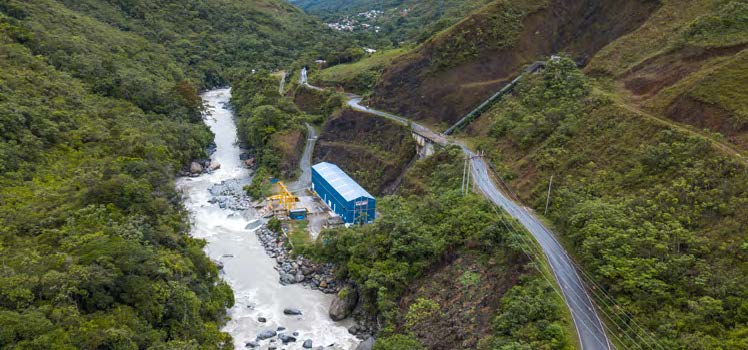
At Polaris, addressing climate change is a core part of our mission to generate renewable energy across all operations and future acquisitions. Through our efforts, we actively support third-party decarbonization goals by producing clean energy, helping reduce CO2 emissions by approximately 345,923 tons to date.
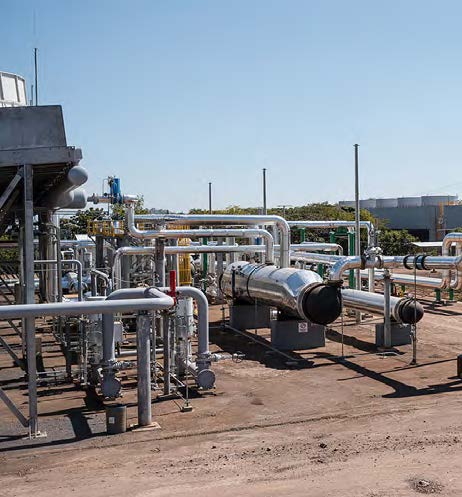
To ensure safe and sustainable operations, we have a specialized team dedicated to identifying, mitigating, and managing environmental risks. Through our Integrated Management System, we safeguard the environmental integrity of our operations by implementing procedures, plans, and programs aimed at achieving our goal of zero annual environmental incidents.
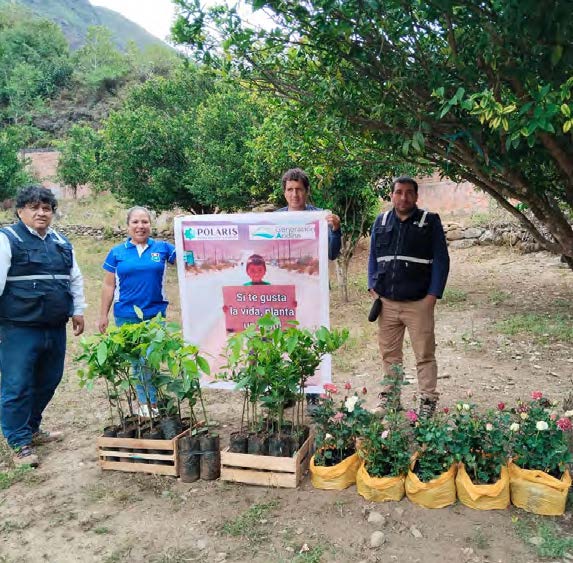
In the case of our contribution to health, we believe that no contribution is too small, as they directly impact on the well-being of the entire population. In Nicaragua and Peru, we continue to support disease prevention campaigns by providing supplies and assisting with logistical details, respectively.

Another important area of action in our social management is the promotion of sports. This is especially important because it helps us integrate communities through healthy recreation, teamwork, and collaboration.
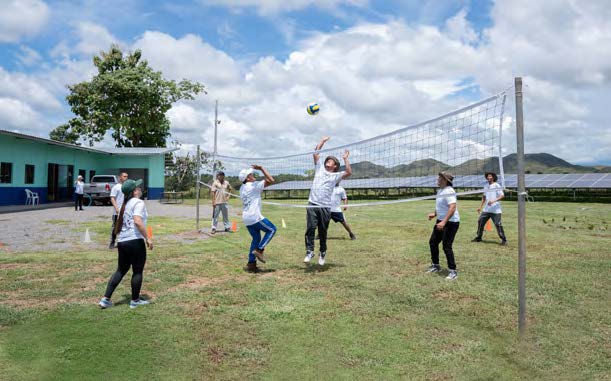
In the communities where we operate, agriculture generally plays a very important role in the local economy and is a key driver of our contributions. As a renewable energy company, it is very important for us to support small producers in gaining knowledge to apply sustainable agricultural practices.

Infrastructure in a community plays a fundamental role in enabling dignified development, where basic rights are guaranteed. That is why this has always been an important focus of our social investment strategy.
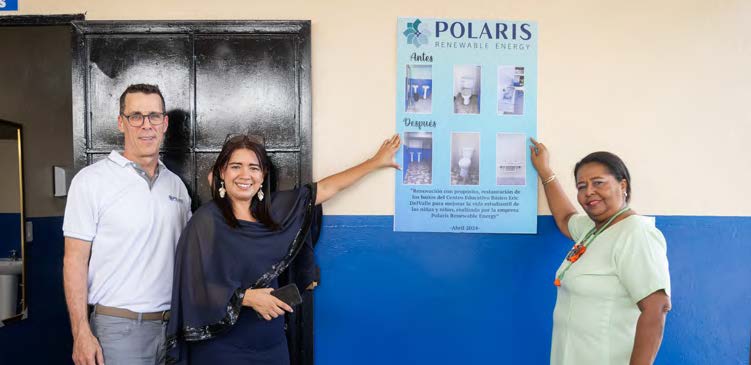
Our contribution to education focuses on providing tools for students to access a higher quality education, with more dignity and greater access to educational technologies.
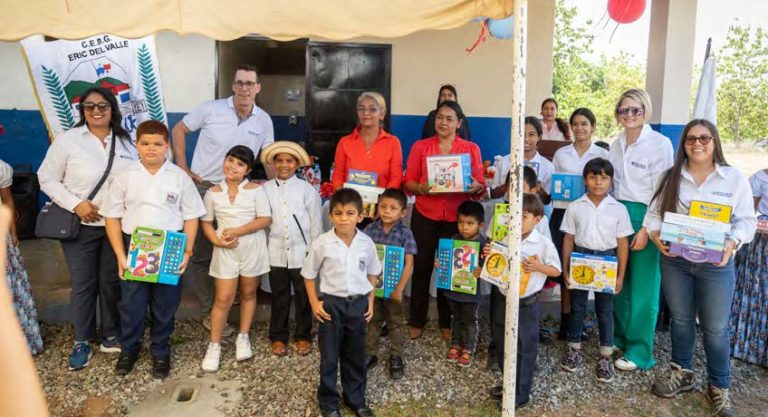
To contribute to the development of communities while operating our business is a very important aspect of why we do what we do. Since the very beginning with our Operation in Nicaragua and as we have entered into new jurisdictions, community development has always played an essential role.
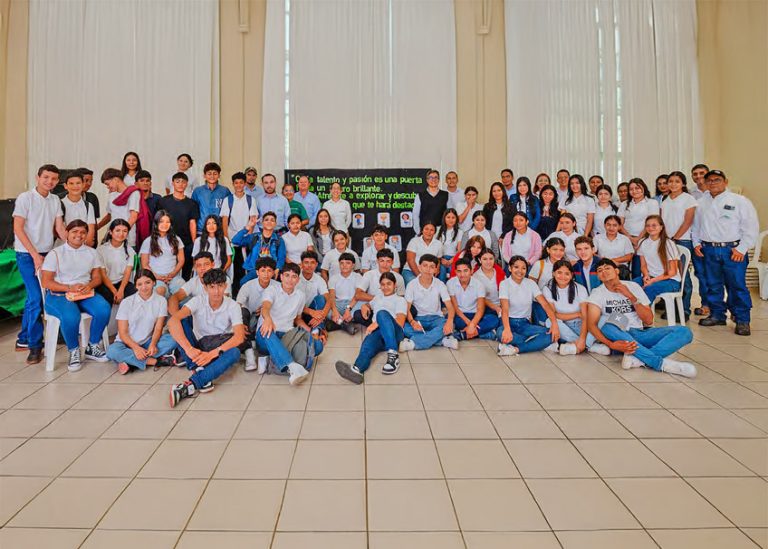
We know that a positive impact of our operations is the stimulation of the local economy. This is why it is very important for the Company to prioritize the hiring of local labour for our operations.
We focus on hiring local labour in positions for which talent is available, but we also encourage our contractors to adopt this practice, thereby extending the positive impact for local stakeholders.
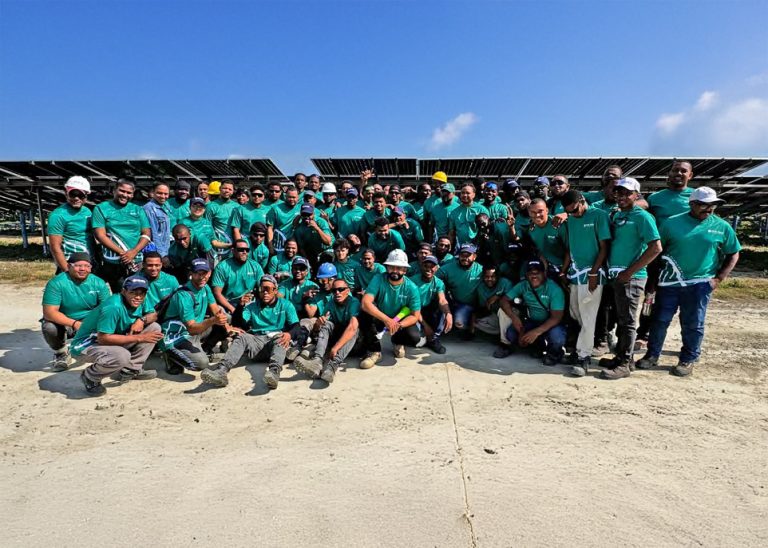
Polaris has established external grievance mechanisms at the local level in all its jurisdictions. The purpose of this mechanism is to outline how complaints, claims, inquiries, and/or suggestions received externally about the Company should be received, managed, addressed, and responded to.
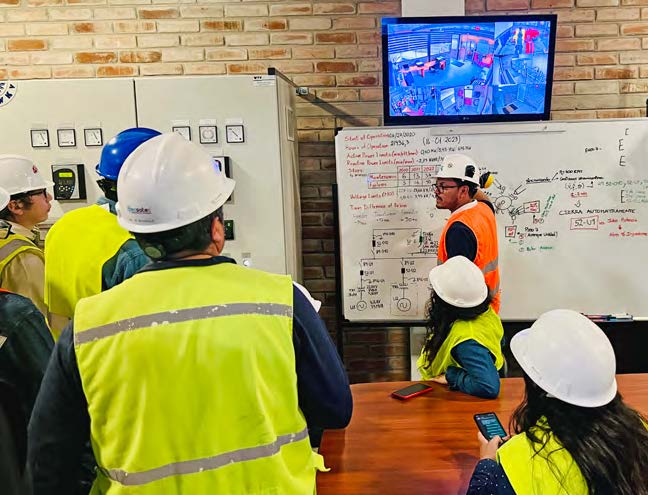
Our stakeholder engagement strategy is designed to foster transparent communication and collaborative relationships, ensuring that the voices of our stakeholders are heard and considered in our sustainability initiatives.
Our stakeholder engagement plans for external stakeholders detail an analysis of the stakeholders, outlining the types of communication mechanisms, frequency, and relationship strategies for each one:
? Keep informed
? Take into account / strategic allies
? Work closely/clear commitments
Some of the communication tools include emails, phone calls, printed correspondence, written agreements, WhatsApp messaging, discussions, workshops, meetings, outreach/campaigns, and grievance mechanisms, among others. Having a good stakeholder engagement plan is crucial to our sustainability strategy, as it helps us identify the interests and concerns of stakeholders, allowing us to address potential conflicts before they arise and find collaborative solutions. It helps us build relationships based on trust and credibility, enables us to make informed decisions, mitigates potential risks, and improves our practices overall.
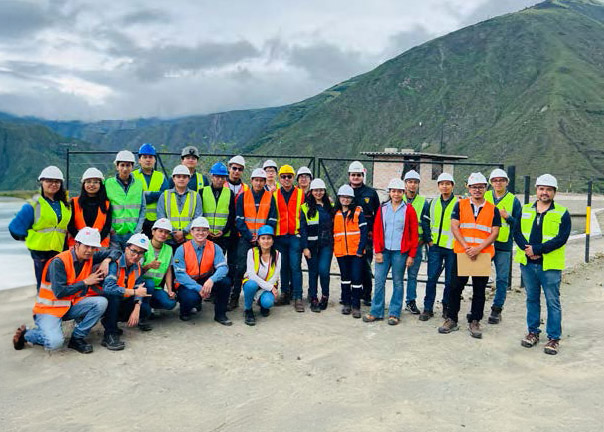
It is essential that Polaris contractors apply sustainability principles to the projects they implement within the company’s facilities, as this not only helps minimize risks for both the company and the contractors but also contributes to protecting the environment and the safety of all involved.

In compliance with Canada?s Bill S-211, the Company has statements and policies in place that emphasize our commitment to human rights and abiding by local and international legislation, but also recognizing there is always room for continuous improvement. Our policies, Third-Party Manual, Human Rights Statement of Commitment, and everyday practices serve as a strong foundation as we look to implementing more anti-forced labour and anti-child labour measures in the years to come. Polaris recognizes and is strongly committed to removing the risk of forced labour and child labour in our operations and supply chains. To this end, the Company has included human rights and modern slavery training. Readers are encouraged to refer to the Ethics component of Our Practice section for additional policies also applicable to our procurement practices.
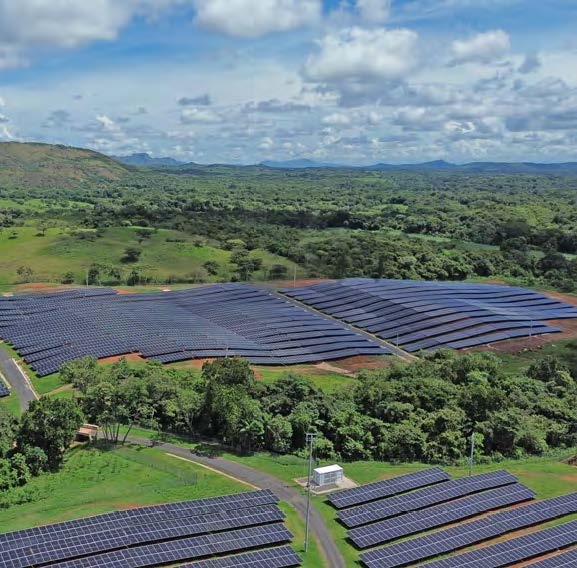
At Polaris, we are committed to diversity and equal opportunities, fostering a workforce made up of professionals from diverse backgrounds, academic disciplines, cultures, ages, and genders.
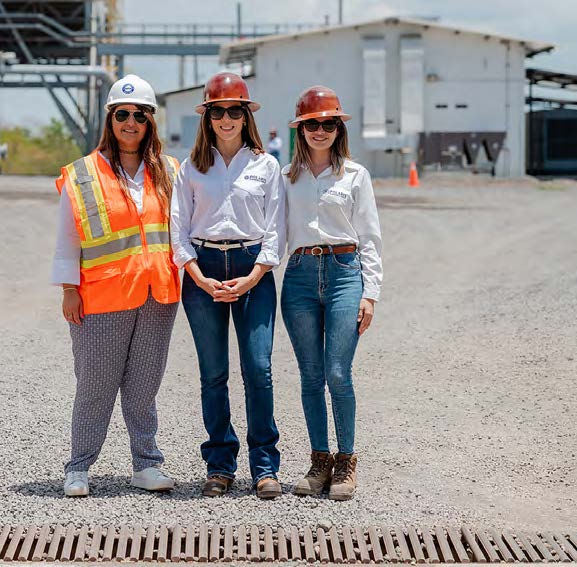
We are committed to continuous learning, empowering employees to face future challenges. In 2024, we invested 7,781 work hours in training, with 21% of employees participating in specialized development initiatives.
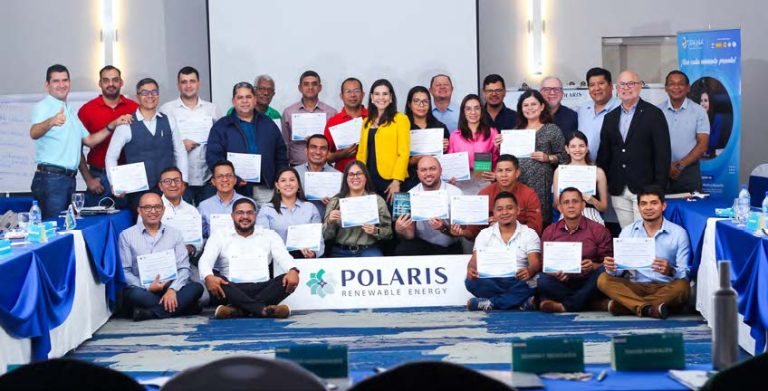
We deeply value our employees? contributions, which are vital to our ongoing success. In the past year, we implemented strategies to strengthen retention, including training, recognition programs, health and wellness initiatives, and volunteering opportunities. These efforts helped achieve a 90% retention rate, ensuring the continuity of our key talent. By 2025, we plan to continue investing in professional development to strengthen our employees? connection to our mission and values. Key recognition initiatives include: ? I-STAR Ambassador Award: Recognizes employees who exemplify our core values, with five outstanding individuals selected by the Polaris Board of Directors. ? Polaris Day: Celebrated the company?s 9th anniversary8 under the theme ?Polaris DNA is our shared essence.? The event promoted teamwork and engaged employees through sports, integration games, and trivia, with over 98% participation across six jurisdictions. ? Special Celebrations: We celebrated significant moments like Mother?s Day, Father?s Day, and birthdays, expressing appreciation through personalized gifts and events. ? Seniority Recognition Program: Acknowledges employees? loyalty at key milestones (5-year increments), fostering a sense of pride and belonging. ? Volunteer Program: Employees contributed over 308 hours to reforestation, educational mentoring, and community support, reflecting our commitment to sustainable development and fostering a sense of purpose among staff.

Our Youth Talent Internship Program in Nicaragua provides university and technical students with practical experience in a dynamic environment. In 2024, more than 35 students participated, with 11% transitioning to full-time roles. We remain dedicated to promoting industry?s best practices, inclusion, and growth, offering diverse young talent the opportunity to thrive at Polaris. Through our Onboarding Program, we invested 649.5 training hours for new employees and interns.
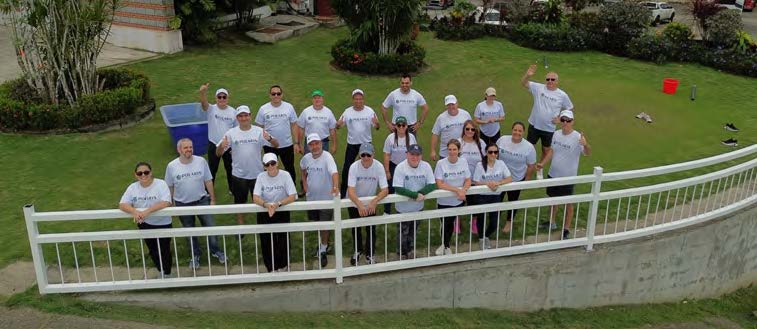
We are committed to creating inclusive employment opportunities that support both professional and personal growth for individuals from diverse backgrounds. In the past year, we created over 125 new temporary roles and 18 permanent positions, with our Dominican Republic operations accounting for 83% of hires?98% of whom were from local communities.
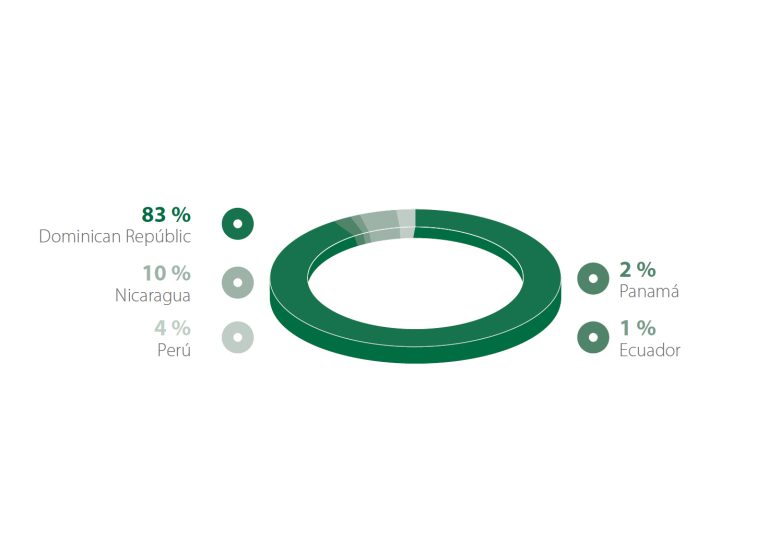
At Polaris, we recognize that our employees are the cornerstone of our success and sustainability. We cultivate a culture of trust, collaboration, and respect, where each individual feels valued, heard, and motivated to contribute their best. Our professional development programs and open communication channels ensure that every employee has the tools and support to grow and help achieve our shared goals, fostering innovation and organizational resilience.
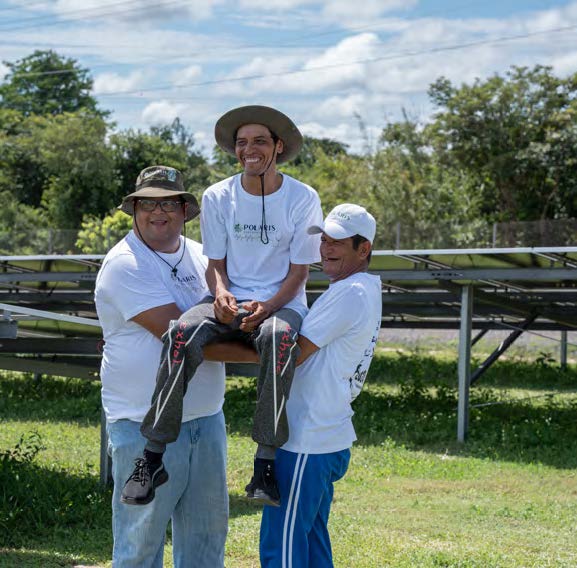
The Joint Hygiene and Safety Committee, along with Safety Supervisors, plays a critical role in managing workplace safety and health. We have implemented these roles across all operations. At our Geothermal Power Plant in Nicaragua, a Joint Hygiene and Safety Committee, composed of both worker and management representatives, oversees working conditions, safety improvements, training, accident investigations, and regular inspections. In other operations, Safety Supervisors ensure compliance with safety regulations, fulfilling similar responsibilities to the Joint Committee. Both bodies serve as vital channels for representing worker interests, ensuring transparency, and fostering open communication regarding health and safety concerns.
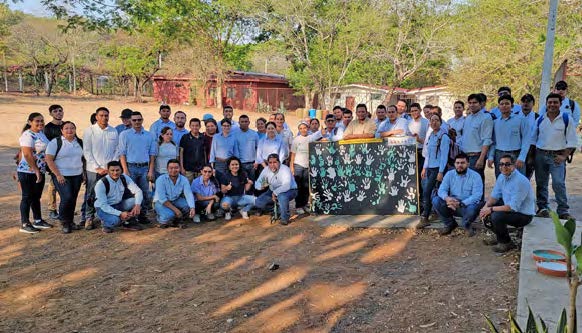
Mental health training is a cornerstone of our strategy to ensure employees have the resources to thrive. For this year?s World Mental Health Day, with the theme ?Mental Health in the Workplace,? we hosted a session titled ?Mental Health is for Everyone.? Employees from various locations participated, where we discussed the importance of mental health, its impact on both individuals and teams, and worked to challenge common misconceptions about mental health.
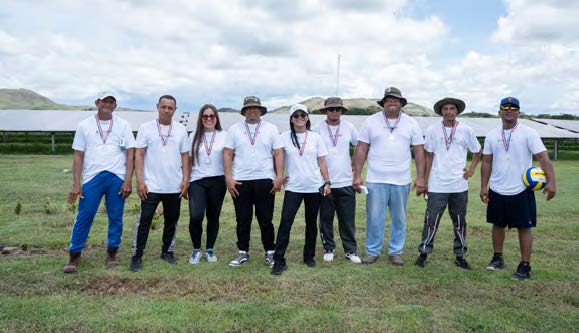
Since its launch at our Nicaragua subsidiary, the Healthy Worker Program has been instrumental in encouraging employees to prioritize their physical health7. Following its success, we recognized during our 2022 materiality analysis that expanding the program across all operations would greatly benefit both our team and Polaris as a whole. This year, we enhanced health-related training and extended the program?s activities company-wide, incorporating sports, active breaks, and a stronger emphasis on promoting healthier lifestyles. A key highlight has been the Sports Day events held at each subsidiary, which foster team cohesion while promoting physical well-being in a fun, engaging way.

In addition to our preventive approach, we actively implement measures to minimize risks, including: Providing personal protective equipment (PPE) tailored to each worker’s activity and risk level.
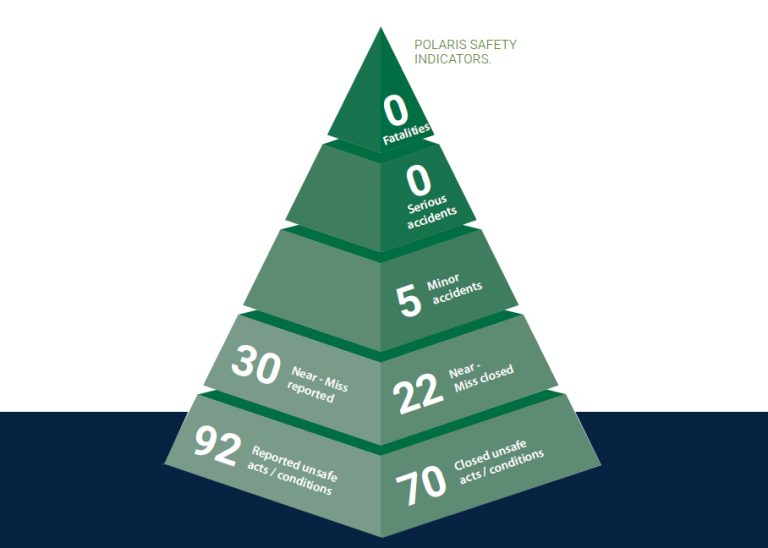
As part of our corporate sustainability strategy, occupational safety remains our top priority. We are committed to ensuring that every worker returns home in the same condition?or better?than when they arrived.
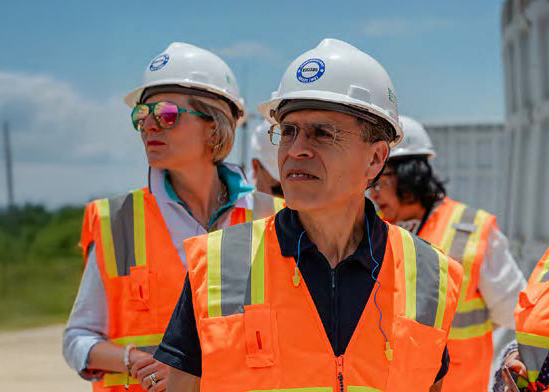
Latin America and the Caribbean, the location of all our operations, hosts a rich variety of people of indigenous descent or mixed indigenous descent and they constitute the majority or a significant part of the population. Although we currently do not have any operations with indigenous representation, it is the Company?s view that our commitment to the human rights of indigenous people is implicit in the human rights of all the communities in which we operate. Should any of our new projects have operations in which there is indigenous presence, the Company will implement appropriate measures.
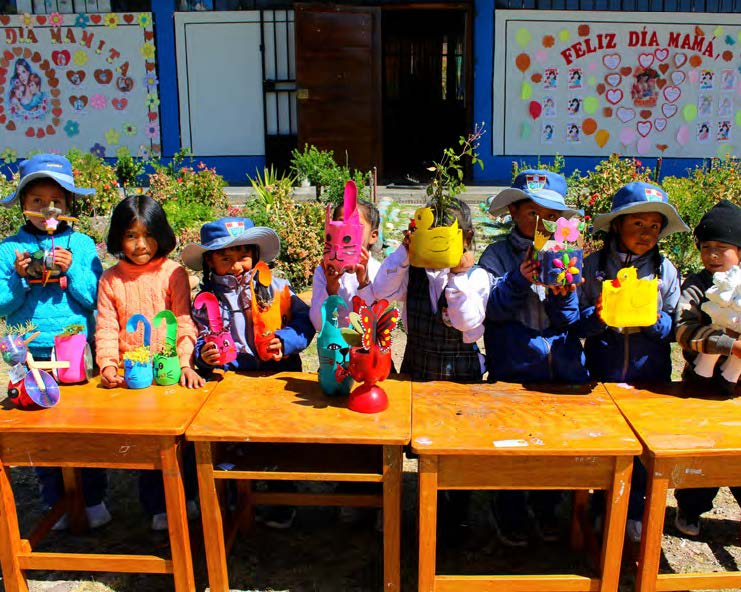
Our approach to human rights is aligned with the United Nation’s Guiding Principles on Human Rights, Business enterprises should respect human rights.
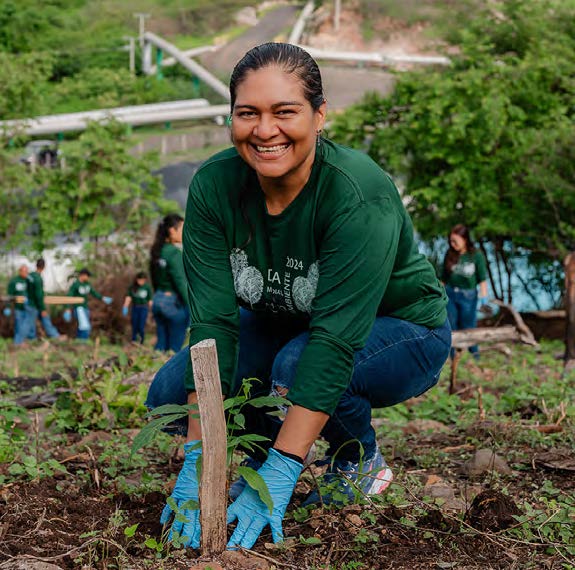
Polaris maintains a whistleblower helpline ?Polaris Ethics Helpline?, a channel of communication to report concerns arising from items outlined in the Code of Conduct and any of the corporate policies on a confidential or anonymous basis.
The Polaris Ethics Helpline can be accessed by calling any of the tol-free external phone numbers listed online at Polaris.ethicsglobal.com and filing online.
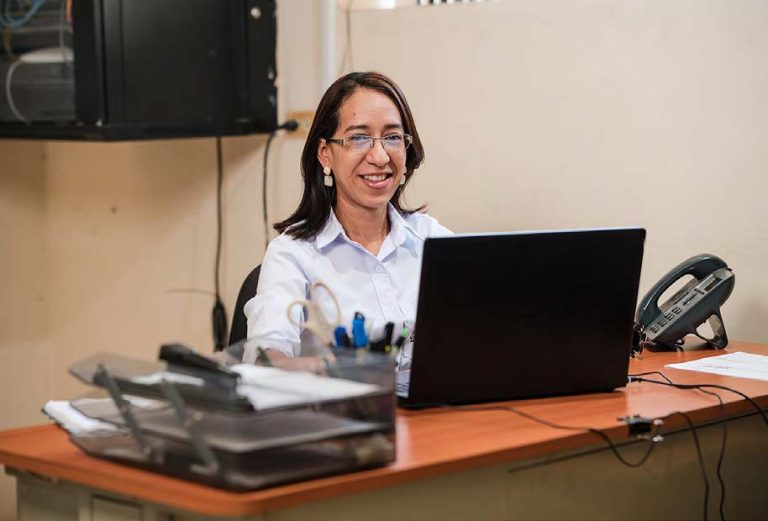
Polaris is committed to being in full compliance with all applicable anti-bribery and anticorruption statutes in the those jurisdictions in which it operates, including but not limited to Canada. Polaris has no tolerance for any instances of bribery or corruption in any of its interactions with public officials and any such activities are strictly prohibited in any form. This prohibition also covers direct acts of bribery such as offering, approving, accepting, or otherwise authorizing a bribe or indirectly doing so through a third party. Gaining any unfairly obtained business advantage is also strictly prohibited.
To this end, Polaris has a global Anti-Bribery and Corruption Policy (the ?ABC Policy?)4. This ABC Policy applies to all of Polaris, its subsidiaries, employees, Board and any third party that performs services on behalf of Polaris or acts on behalf of Polaris. Annually, both the Board and Senior Officers sign off their acceptance and acknowledgement of this policy.
In addition to the requirements set out in the ABC Policy, Polaris further requires that enhanced Integrity Due Diligence procedures be conducted on select higher risk Third Parties in accordance with Polaris? Working with Third Parties and Integrity Due Diligence Protocol. Similarly, these enhanced Integrity Due Diligence procedures may also be required for prospective or current employees if they are former public officials.
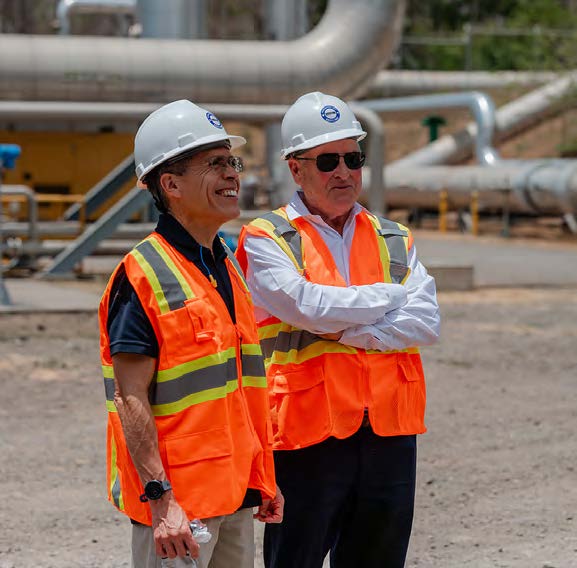
Employees are required annually to sign off on their acceptance and compliance with the Code. Additionally, as part of its annual re-training program, the Company conducts online training relating to its Code of Business Conduct and Ethics including specific modules on Navigating the Work Environment, Handling Company Resources and Managing Company Relationships. In addition to the Code, the Company?s Corporate Manual (available online at polarisrei.com) also addresses other aspects of ethical business practices including Insider Trading, Diversity among others.
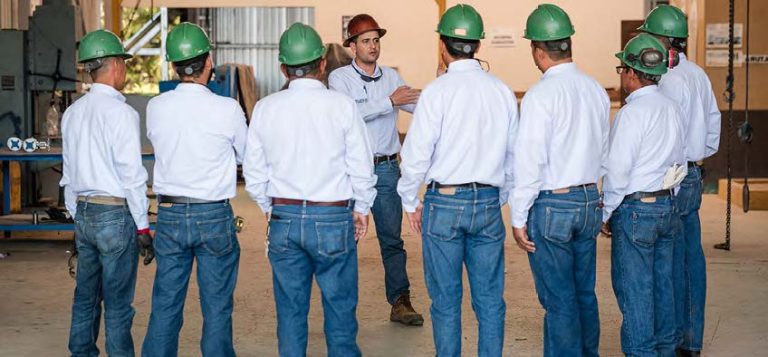
Polaris? Code of Business Conduct and Ethics (the ?Code?; available online at polarisrei.com) emphasizes our commitment to conducting ourselves in accordance with our core values, vision, purpose, and the highest ethical standards in every aspect of our business and affairs. We recognize that our staff create the identity that drives us forward, this is why we are committed to providing a fair, respectful, and supportive workplace that promotes high level ethical standards. Polaris believes that it is a shared responsibility of every individual, regardless of position title or work location, to actively participate in building Polaris? winning mindset and innovative business practices. We accomplish this by creating a workplace built on our core values and ethical standards. Polaris will not tolerate any wrongdoing, unethical behavior, or impropriety and will immediately take the appropriate disciplinary action to correct or remediate any such transgressions.
The Code, as approved, reviewed and monitored by the Board, is applicable to all directors, officers, employees and contractors of Polaris.
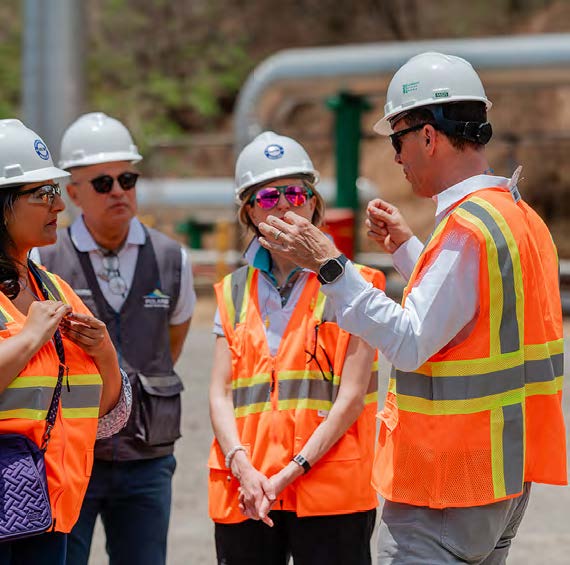
The Company is dependent on various information technologies to conduct its business, monitor the production of its generation facilities, the remote monitoring and controlling of its assets, communicating with regulatory agencies, energy markets and customers, financial management and human resource systems, amongst others.
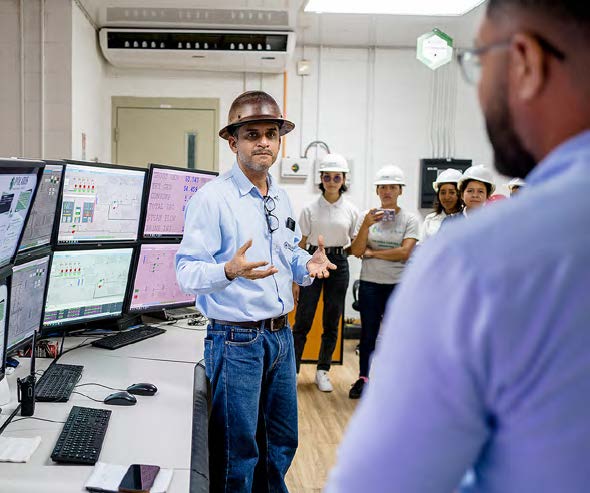
The HR & ESG Committee is responsible for establishing policies and procedures designed to identify and mitigate risks associated with the Company’s compensation policies and practices.
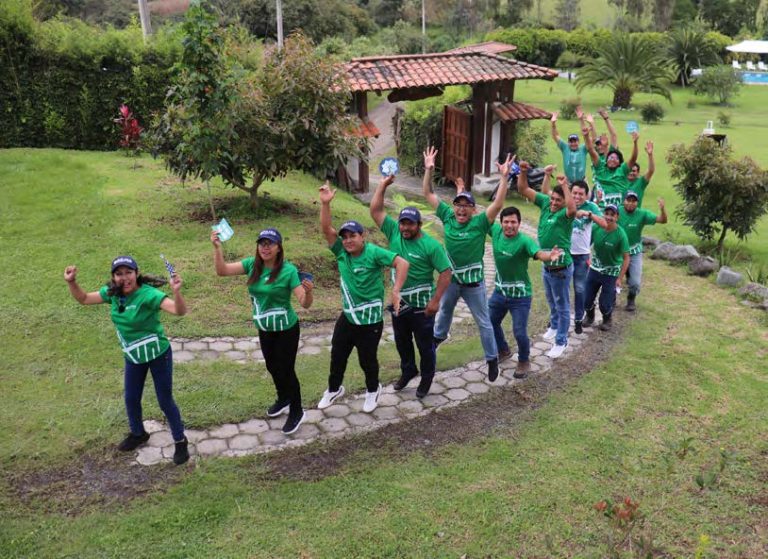
Polaris innovated water conservation strategies in 2023, ensuring sustainable usage and enhancing resource efficiency…
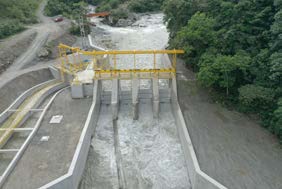
Polaris achieved significant carbon neutrality milestones in 2023 through renewable energy advancements and operational…
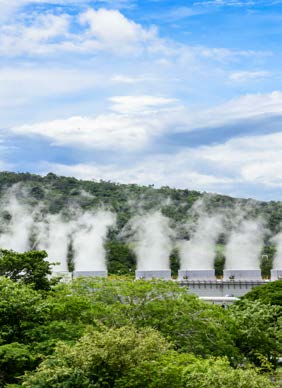
In 2023, Polaris redefined its supply chain policies, requiring contractors to meet enhanced sustainability…

In 2023, Polaris expanded its safety programs to include mental health resources and advanced…
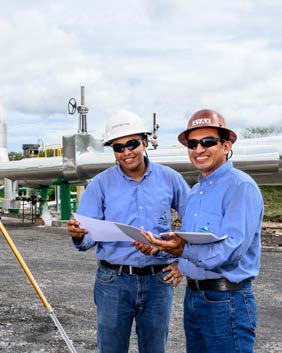
In 2023, Polaris introduced enhanced ethical standards and integrated them into operations through comprehensive…

Polaris introduced zero-waste initiatives in 2022, aiming to recycle and repurpose waste materials across…

In 2022, Polaris prioritized training programs to raise awareness of human rights issues among…
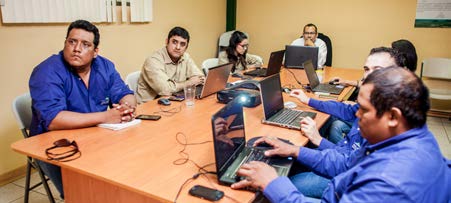
Polaris expanded its human rights initiatives in 2023 by introducing training programs across new…
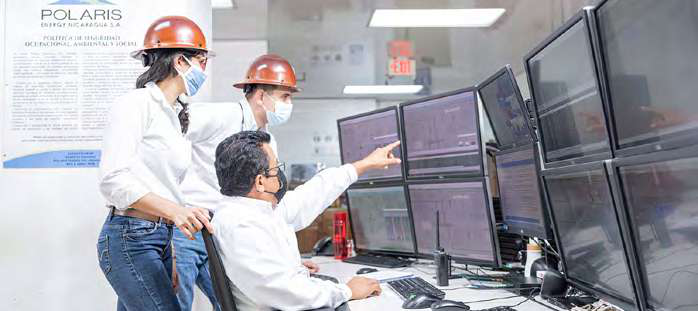
In 2023, Polaris implemented innovative strategies to enhance climate resilience, aligning with global renewable…

In 2023, Polaris reported significant progress in waste reduction, recycling over 7,500 kilograms of…
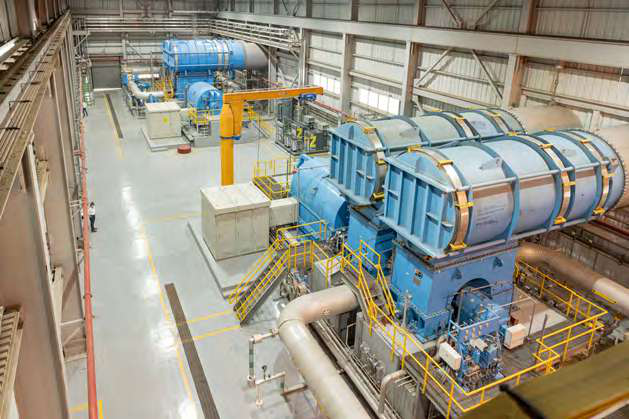
In 2022, Polaris established an ESG committee to oversee sustainability and governance initiatives, ensuring…

Polaris adopted industry-leading practices in corporate governance in 2021, ensuring transparency and accountability across…

In 2020, Polaris emphasized the importance of good governance, implementing board-level initiatives to align…

Polaris continued its impactful community development projects in 2023, focusing on education, agriculture, and…
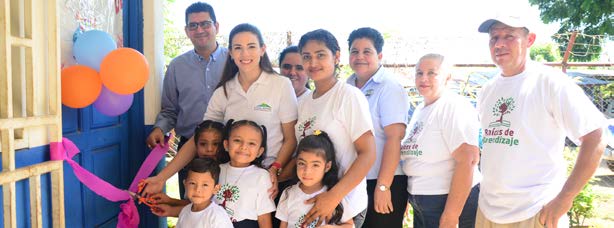
In 2023, Polaris expanded its reforestation efforts by planting thousands of trees in Nicaragua,…
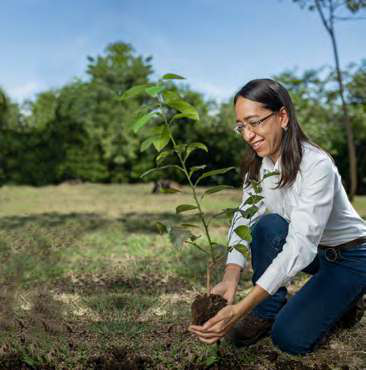
In 2023, Polaris set a new benchmark by achieving record levels of avoided emissions…

Polaris emphasized equity in 2021 by conducting diversity training and increasing representation across all…
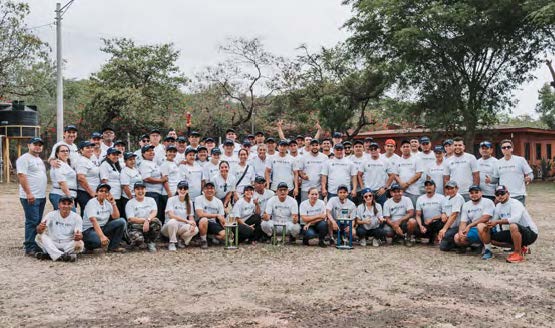
In 2020, Polaris implemented policies to promote diversity and inclusion across its operations, ensuring…

In 2021, Polaris advanced its human rights initiatives by conducting assessments across its projects…

Polaris demonstrated its commitment to human rights in 2020 by ensuring all operations adhered…

In 2020, Polaris implemented comprehensive waste management practices to minimize environmental impact. These included…
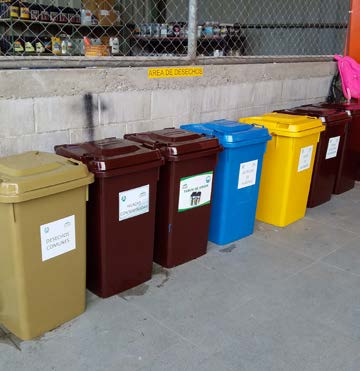
Polaris prioritized community relations in 2022 by expanding its stakeholder engagement programs. These initiatives…
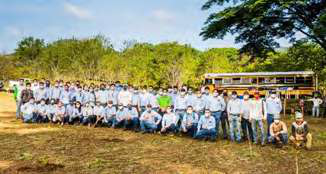
In 2021, Polaris reviewed and enhanced its stakeholder engagement plans, focusing on accessibility and…
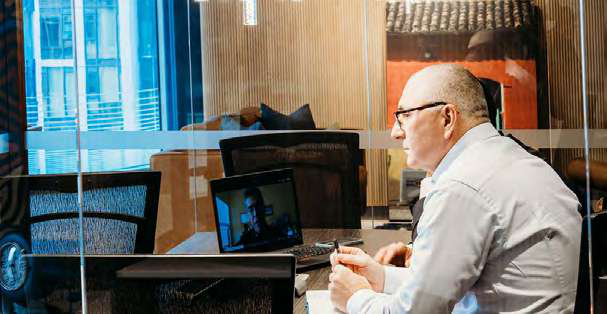
Polaris strengthened its stakeholder relationships in 2020 by fostering open dialogue and collaboration. These…

Polaris took significant steps in 2022 to enhance biodiversity by launching reforestation projects and…

In 2021, Polaris expanded its biodiversity initiatives through strategic partnerships with local communities and…
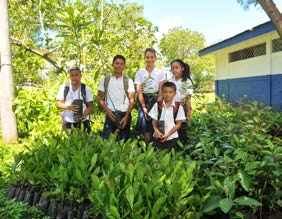
Polaris demonstrated its commitment to biodiversity in 2020 by implementing measures to protect ecosystems…
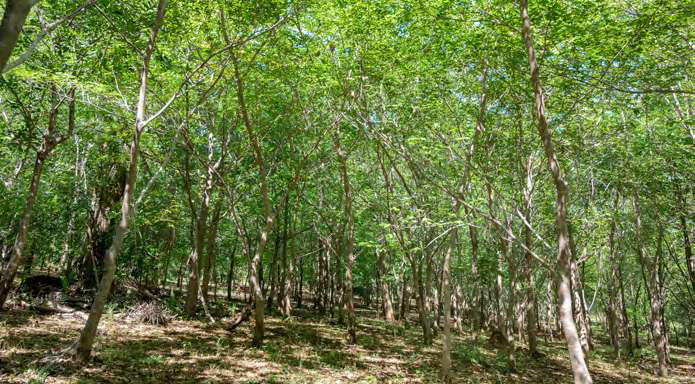
Polaris celebrated its workforce in 2022 by recognizing the achievements of its training programs….
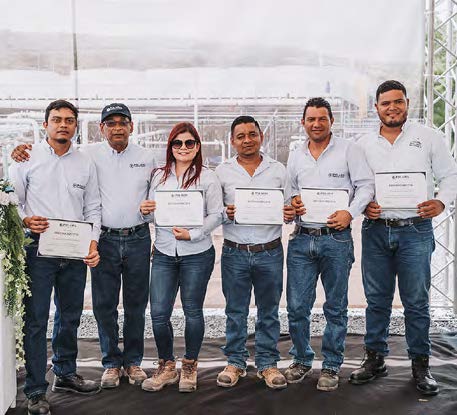
In 2021, Polaris invested heavily in employee training and development, ensuring its team was…

Polaris prioritized employee engagement in 2020 by introducing innovative programs to empower its workforce….

In 2023, Polaris integrated mental health awareness into its occupational health programs. Initiatives included…

Polaris achieved another year of zero fatalities in 2022, underscoring its commitment to employee…
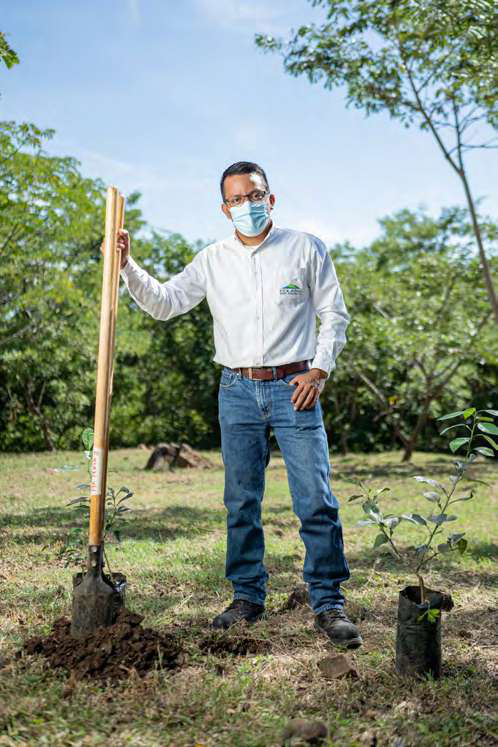
Polaris Renewable Energy continued its mission to combat climate change by leveraging geothermal technology…

Polaris’ community development efforts in 2020 exemplified its commitment to fostering sustainable growth and…
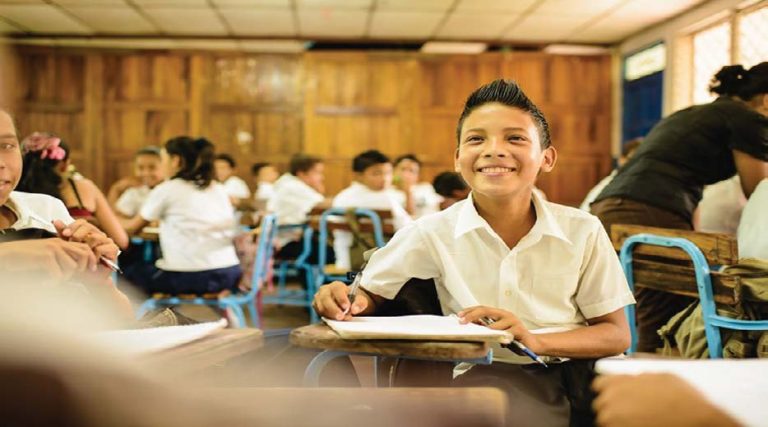
In response to the global pandemic in 2020, Polaris prioritized the health and safety…

Polaris Renewable Energy has consistently demonstrated a strong commitment to transparency and anticorruption practices,…
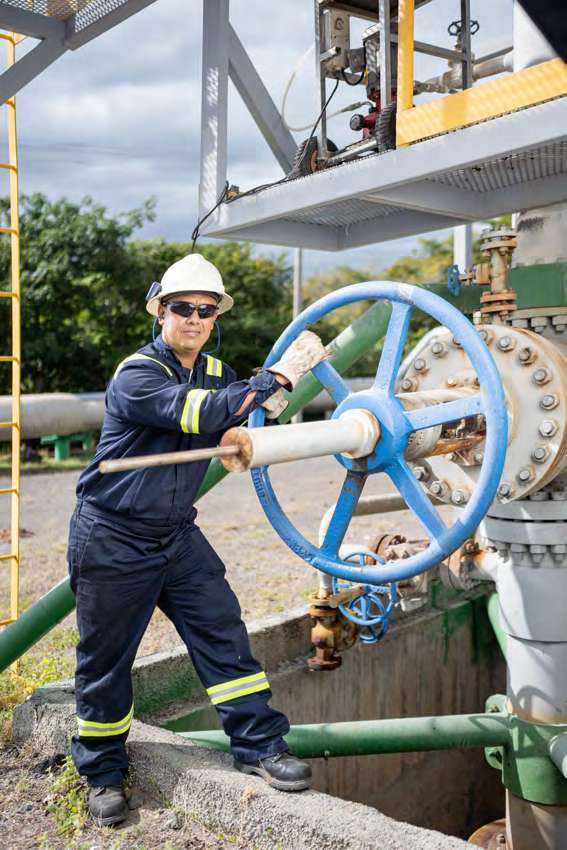
Polaris worked collaboratively with local stakeholders in 2023 to implement community development projects that…

Polaris strengthened its global transparency measures in 2023, ensuring compliance with updated international anticorruption…
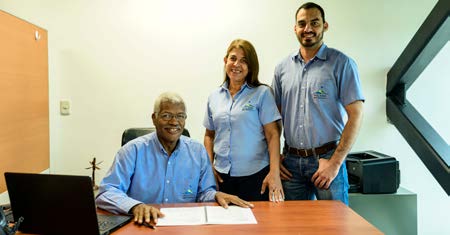
In 2023, Polaris earned recognition as a Great Place to Work, reflecting its dedication…

In 2023, Polaris continued to lead in climate action by adopting innovative practices to…

In 2023, Polaris prioritized ethical training for employees, ensuring full compliance with its code…

In 2023, Polaris emphasized its commitment to transparency by expanding its anticorruption measures to…
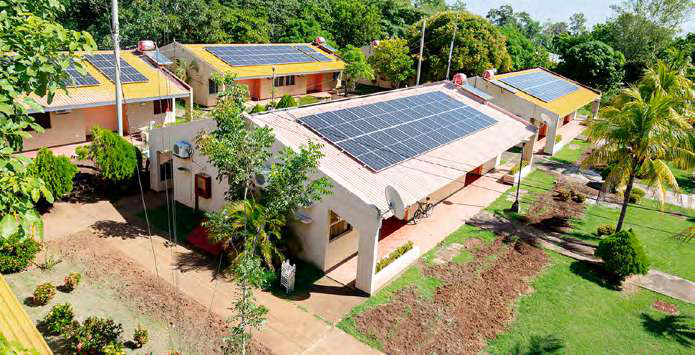
Polaris adopted innovative water-saving techniques in 2022, ensuring sustainable use of resources in all…

Polaris enhanced its engagement with local contractors in 2022, providing training on sustainability practices…
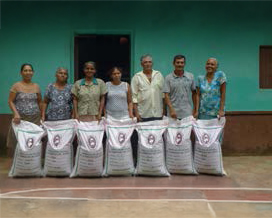
Polaris integrated climate change mitigation strategies into its project designs in 2022, ensuring sustainable…
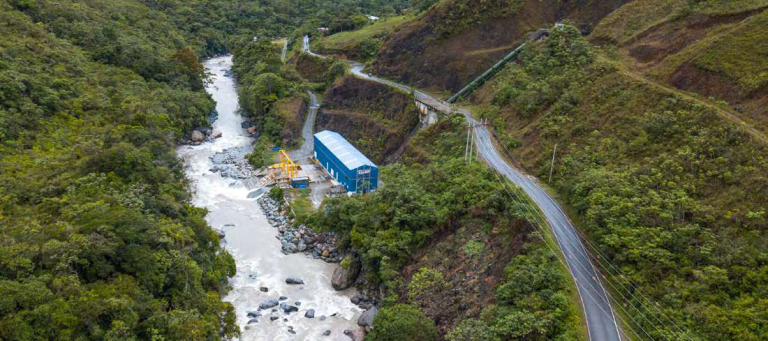
Polaris expanded its diversity initiatives in 2022 by updating its inclusion policies and introducing…
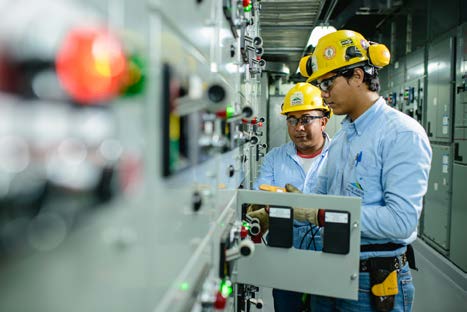
Polaris reinforced its ethical culture in 2022 by expanding employee training programs, ensuring that…

In 2022, Polaris introduced innovative approaches to waste management, including new recycling technologies and…

Polaris advanced its anti-bribery efforts in 2022 by instituting rigorous monitoring processes and ensuring…
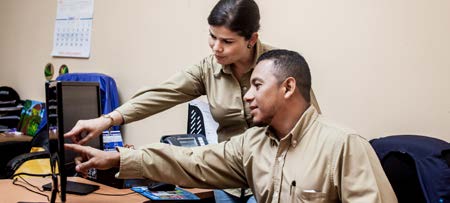
In 2021, Polaris improved its water management systems, reducing consumption and enhancing efficiency across…
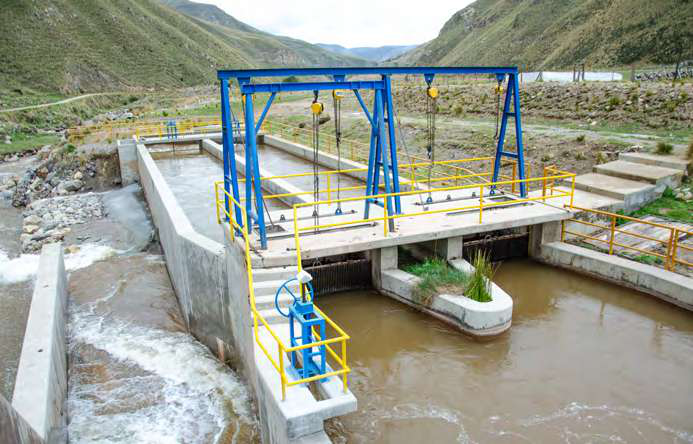
In 2021, Polaris conducted assessments to ensure that its contractors met high environmental standards,…

In 2021, Polaris developed strategic plans aimed at reducing carbon emissions and aligning with…

In 2021, Polaris emphasized the role of ethics in sustainability by refining its business…

Polaris advanced its waste reduction initiatives in 2021 by integrating waste management plans into…
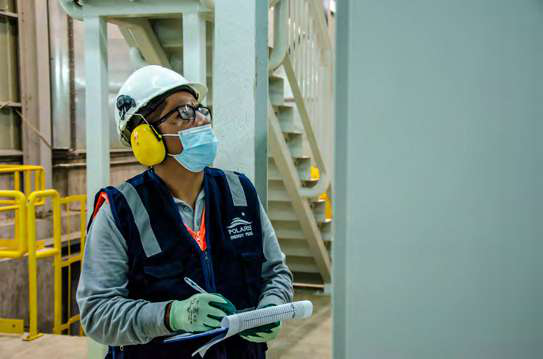
Polaris continued its focus on occupational health and safety in 2021 by enhancing its…
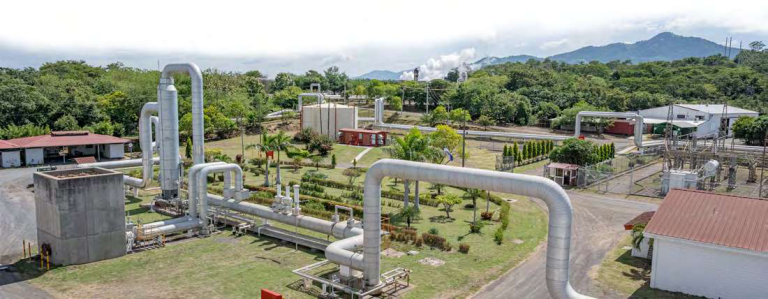
In 2021, Polaris took significant strides to reinforce its anticorruption measures by enhancing its…

Polaris prioritized sustainability in its supply chain in 2020, ensuring that contractors adhered to…

Polaris adapted its operations to address climate risks in 2020, implementing strategies to enhance…

Polaris focused on embedding ethical practices in 2020 by strengthening its code of conduct…

Polaris implemented water conservation practices in 2020, optimizing water use in its geothermal energy…
